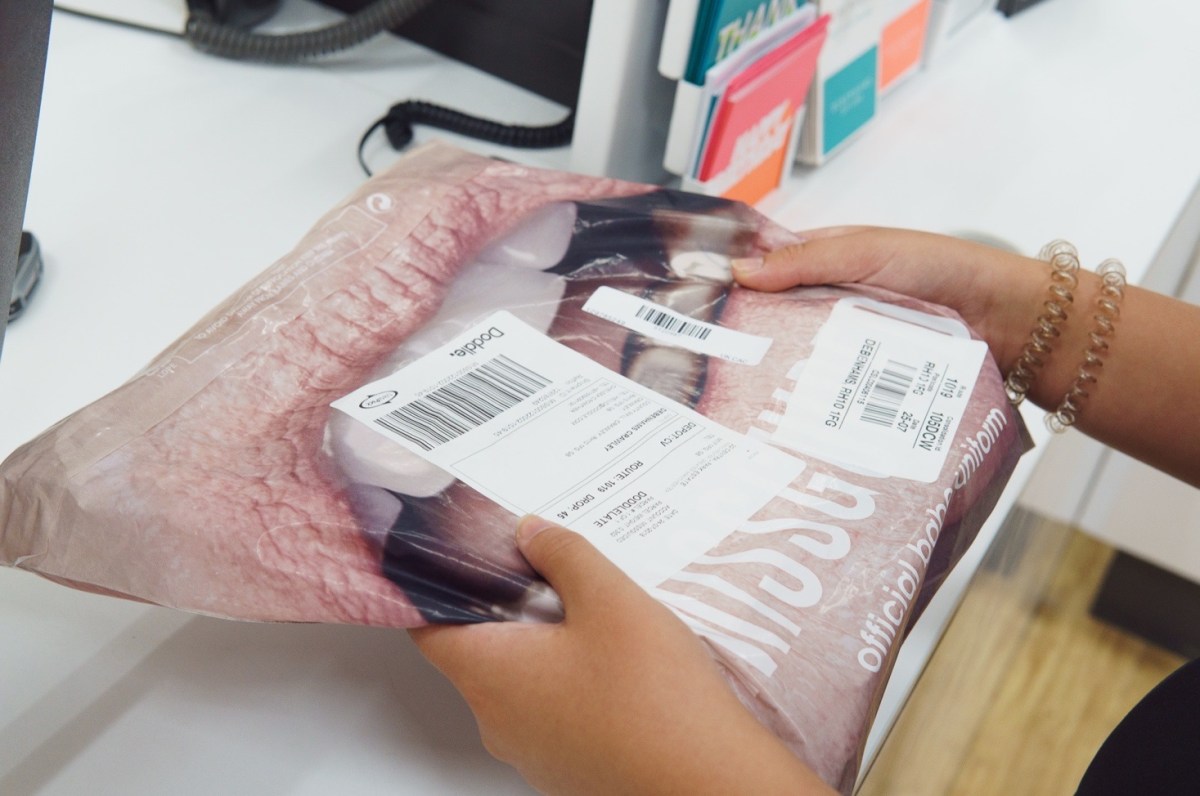The influx of online purchases made during the recent holiday season, including those made by more than 5.6 million Australian households in December alone, has proven that online shopping will continue to be a steadfast arm of the Australian retail landscape.
A preference for online shopping is set to remain, with the latest research from Doddle – assessing consumer shopping and fulfilment preferences – finding that 92% of consumers plan to continue shopping online despite brick-and-mortar stores being accessible again.
It’s not surprising that Australian shoppers are choosing to shop online. After two years of living in the COVID economy, consumers have become accustomed to the online marketplace, and enjoy the ease, convenience, and flexibility it offers. This has caused a fundamental shift in consumer behaviour, with 76% of shoppers now opting to shop online over traditional retail due to the convenience factor.
While online retail has grown exponentially over the past few years, consumers’ expectations have evolved at an even faster pace. Meaning, convenience has become an expectation of retailers rather than a differentiator. Now, beyond simply being functional, consumers expect online retailers to offer convenience throughout the entire shopping experience.
Though many retailers have met these demands around availability, pricing, and quick delivery, they’ve often overlooked prioritising convenient returns – an aspect that can make or break brand perception and repeat customer retainment.
Consumers are increasingly placing more importance on the returns process, and taking it into consideration before commiting to a purchase. According to Doddle data, almost 60% of shoppers reliably check the returns policy before making a purchase, and 60% will be hesitant to complete a purchase if a store’s returns process is difficult or confusing.
Checking the policy is learned behaviour, inspired by previous online purchases that consumers sought to return. When consumers were still adapting to the online marketplace, they were less likely to scrutinise a returns policy until they needed to return an item, at which point they often encountered cumbersome or unclear processes. Now that consumers are checking beforehand, they avoid buying from retailers with unfavourable returns.
Similar to when purchasing an item, Doddle found consumers value convenience and flexibility in their returns. This means that nearly half (40%) of consumers want a reasonable amount of time to return an item, a quarter expect a streamlined process that doesn’t require them to go out of their way or to fulfil additional paperwork requirements, and, most importantly, don’t want to be out of pocket for postage (62%) or be forced to accept a credit note/exchange instead of a monetary refund (67%).
With 84% of shoppers prepared to turn their back on a retailer due to a negative return experience, and the majority of shoppers believing that ecommerce retailers should have already improved their returns practices, any retailer that doesn’t work to fix their process will be fighting a losing battle on the loyalty front.
Comparatively, 92% of consumers will return to a retailer and make a second purchase if they experience an easy returns process. With this in mind, it’s obvious how important it is to make a consumer’s experience an enjoyable one long past receiving an order.
Retailers can win over customers time and time again by ensuring that their returns experience is easy and convenient. Digital returns processes, in particular, can replace the majority of paperwork used to track a return with a simple code or return label, and self-serve PUDO (pick-up / drop-off) lockers can improve convenience for consumers by allowing them to choose when and where to drop off their return parcel.
The more pain points a retailer can eliminate, especially in the last mile, benefits everyone: retailers gain a happy customer, and customers feel happier with their purchases.
Charlotte Roch is interim marketing director at Doddle.

